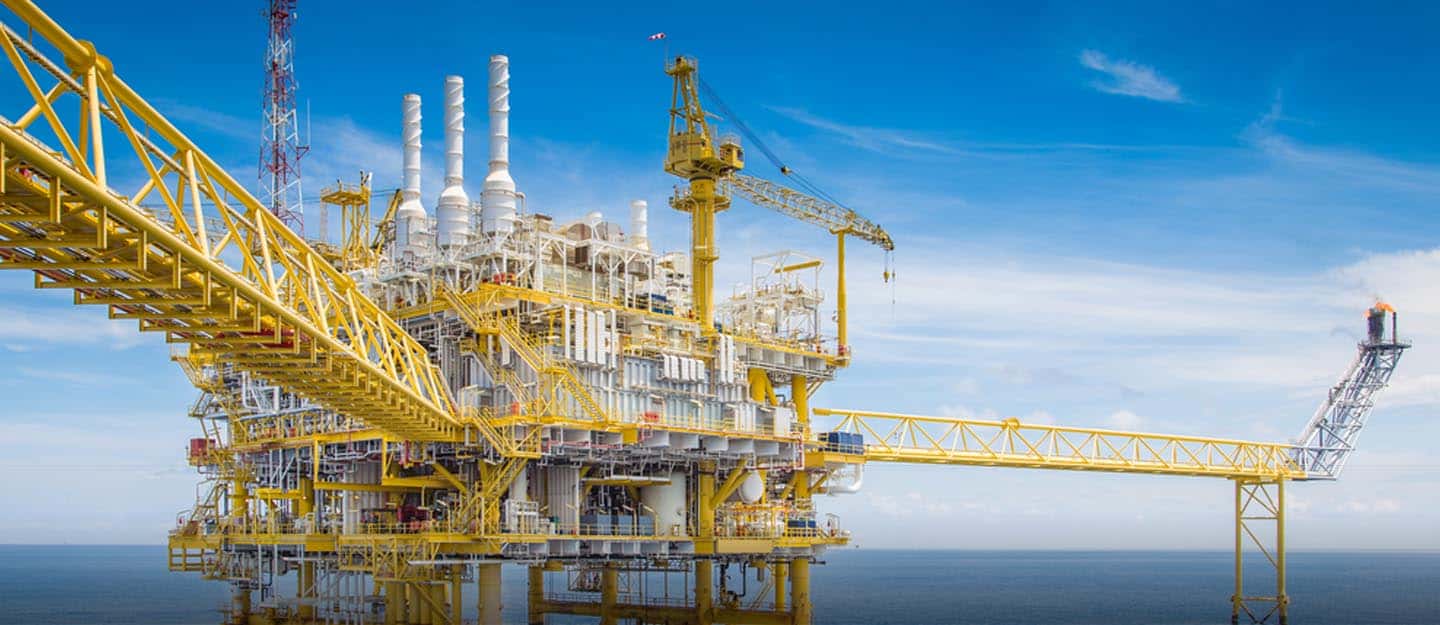Dubai, UAE— Oil prices fell in early trade on Monday, but held on to most of last week’s gains on the prospect of an economic recovery in top oil importer China this year.
Brent crude futures retreated by 46 cents, or 0.5%, to $87.17 at 0031 GMT, while U.S. West Texas Intermediate (WTI) crude futures fell 40 cents, also down 0.5%, to $81.24 a barrel.
Last week Brent rose 2.8%, while the U.S. benchmark logged a 1.8% gain.
Head of International Energy Agency Fatih Birol on Friday said energy markets could tighten this year if the Chinese economy rebounds the way financial institutions expect.
“I wouldn’t be too relaxed about the markets, and 2023 may well be a year where we see tighter markets than some colleagues may think,” Birol said on the sidelines of the World Economic Forum annual meeting in Davos.
Data shows a solid pick-up in travel in China after COVID-19 curbs were eased, ANZ commodity analysts said in a note, pointing to a 22% jump in road traffic congestion so far this month from a year earlier in the country’s 15 key cities.
Also read: Oil prices rise as OPEC+ agrees to cut output by two million barrels a day
The jump in China’s traffic ahead of the Lunar New Year holiday bodes well for fuel demand after the two-week vacation.
“The expected surge in demand comes as the market braces for further sanctions on Russian oil,” ANZ analysts said.
The European Union and Group of Seven (G7) coalition will cap prices of Russian refined products starting on Feb. 5, in addition to their price cap on Russian crude in place since December and an EU embargo on imports of Russian crude by sea.
The G7 has agreed to delay a review of the level of the price cap on Russian oil to March, a month later than originally planned, to give time to assess the impact of the oil products price caps.








